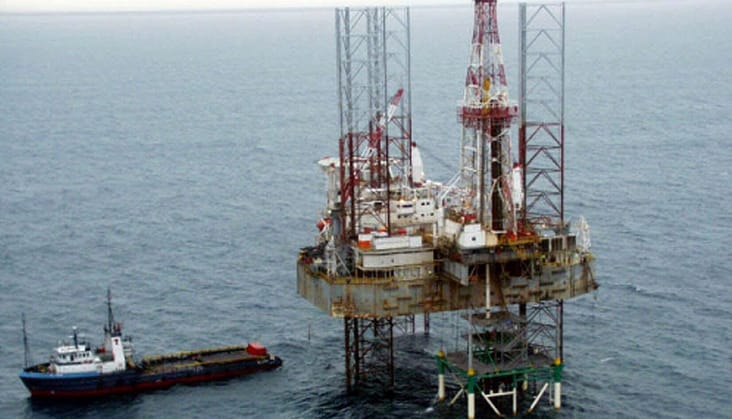A pipeline explosion in Rivers State early tuesday has disrupted Nigeria’s oil exports, creating serious concerns for the economy. The damaged infrastructure connects onshore production sites to key export terminals. This disruption may cut down crude oil flow and reduce government revenue at a time when the economy remains fragile.
The incident happened while political tensions in Rivers State continue to escalate. Ongoing disputes between local political leaders have increased regional instability. As a result, vital energy assets are now more exposed to sabotage, delays in maintenance, and slow emergency responses.
This situation highlights the urgent need for tighter security and better infrastructure monitoring. Experts urge the government to improve pipeline surveillance, enhance regional security systems, and engage oil-producing communities in peacebuilding efforts. These steps can prevent future disruptions and promote sector stability.
Moreover, the explosion raises concerns about Nigeria’s energy resilience. The country must invest in stronger emergency response systems and create better collaboration between public and private stakeholders.
There’s also growing pressure to diversify the economy. Relying heavily on oil makes the country vulnerable to shocks from global markets and internal conflict. By developing other sectors like technology, agriculture, and manufacturing, Nigeria can reduce this dependence.
To maintain its position in global energy markets, Nigeria must protect its infrastructure and build trust in its export systems. A coordinated approach involving policy reforms, local governance, and strategic investments is now critical.
The road ahead may be challenging, but a more secure and diverse economy is possible with the right actions in place.
Source: theafricareport
